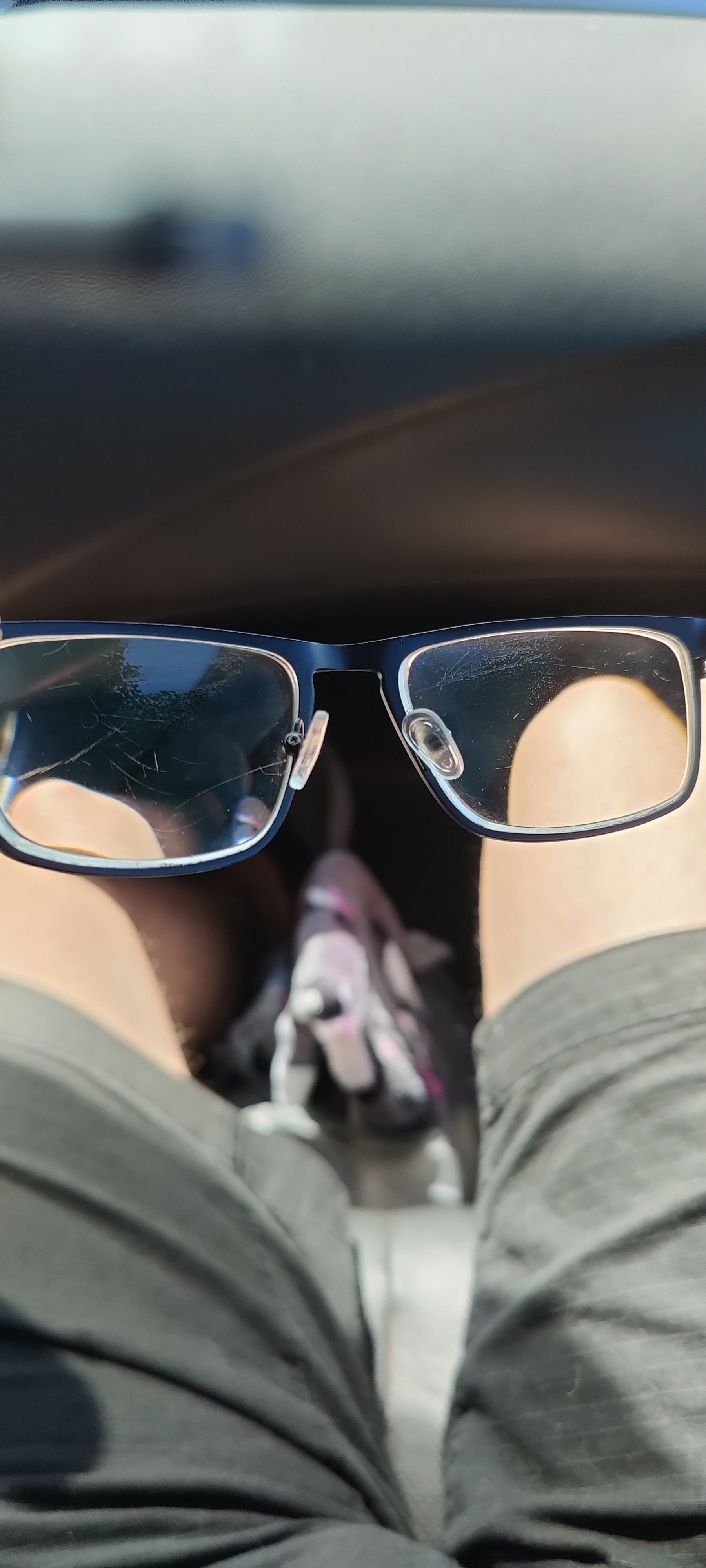this post was submitted on 11 Aug 2024
163 points (98.8% liked)
Asklemmy
44656 readers
1231 users here now
A loosely moderated place to ask open-ended questions
If your post meets the following criteria, it's welcome here!
- Open-ended question
- Not offensive: at this point, we do not have the bandwidth to moderate overtly political discussions. Assume best intent and be excellent to each other.
- Not regarding using or support for Lemmy: context, see the list of support communities and tools for finding communities below
- Not ad nauseam inducing: please make sure it is a question that would be new to most members
- An actual topic of discussion
Looking for support?
Looking for a community?
- Lemmyverse: community search
- sub.rehab: maps old subreddits to fediverse options, marks official as such
- [email protected]: a community for finding communities
~Icon~ ~by~ ~@Double_[email protected]~
founded 5 years ago
MODERATORS
you are viewing a single comment's thread
view the rest of the comments
view the rest of the comments

Alcohol would, too. Further, avoid mineral spirits and petroleum based solvents entirely.
Alcohol has never affected my plastic lenses.
There are some plastics it affects, I've just never seen it affect glasses. Notably, the eyeglass cleaner kits at eyeglass shops are alcohol based.
Alcohol will affect acrylic/plexiglass, but its not necessarily a fast reaction. I don't know what specific plastic glasses lenses are made of. Also, the UV coating might protect them from the alcohol.
Pulling this straight out of my ass but I think it’s likely to be polycarbonate
I worked in optical it's polycarbonate. Can be a plastic called cr39 or it could be a high index lens if they have a very high prescription generally alcohol won't hurt it. If the frame is plastic the alcohol could potentially fog the plastic.
Makes sense, given alcohol comes in plastic bottles